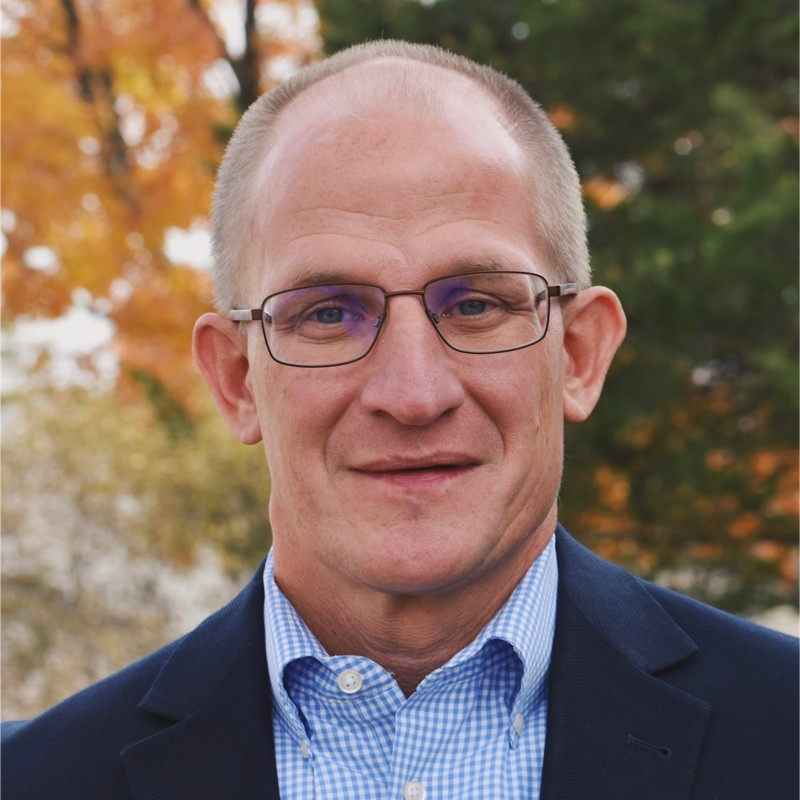
文章探讨了"全州方法"如何帮助州、地方和教育机构应对网络安全挑战,通过整合资源、共享专业知识和统一培训,提升整体防御能力,降低风险并优化预算利用。 2025-9-24 13:0:0 Author: www.tenable.com(查看原文) 阅读量:6 收藏
September 24, 2025
5 Min Read

In my work at Tenable, I’ve had the opportunity to meet with many CIOs, CISOs and executives nationwide. I’ve seen firsthand how successful whole-of-state efforts can solve three key challenges and help agencies reduce their cyber risk.
Key takeaways
- A whole-of-state approach empowers state, local and education agencies to overcome budget constraints, skill gaps and training challenges.
- It transforms fragmented cybersecurity efforts into a unified, resilient and cost-effective defense that reduces cyber risk across every level of government.
- A whole-of-state approach can help agencies make the most of Tenable services and capabilities.
Cyber threats to state, local and education (SLED) systems are real, costly and growing more dangerous every day. Too many breaches have already disrupted services, eroded trust and drained budgets. The time for incremental fixes has passed. What’s needed is a bold, coordinated defense that unites agencies across every level of government: a whole-of-state approach.
At Tenable we are committed to helping states turn that vision into reality. Having had the opportunity to meet with many CIOs, CISOs and executives nationwide, I’ve seen firsthand that successful whole-of-state efforts share three essential ingredients:
- Leadership and vision: Every successful program starts with leaders who dare to think bigger — governors, county executives, state CIOs, CISO's cyber czars or local official champions who believe multiple, disparate agencies can be brought together to reduce cyber risk. Vision sets the tone, inspires collaboration and rallies stakeholders at all levels to align around reducing risk.
- Communication: The most effective initiatives thrive on strong communication. Leaders create clear pathways for dialog where information can be shared and gathered, whether they do so through State and Local Cybersecurity Grant Program (SLCGP) committees, higher education campuses or K-12 consortia, performing standardized security assessments or using shared survey tools and structured forms. Communication ensures everyone receives consistent and clear information and builds trust, transparency and a foundation for collective action.
- Actionable plan: Vision and communication need a roadmap to succeed. The most successful whole-of-state strategies are documented, detailed and actionable. They define clear goals, identify stakeholders, establish time frames and secure funding. Most importantly, they operationalize deployment and sustainability, ensuring plans don’t just live on paper but drive real, measurable progress.
3 SLG challenges: How Tenable can help
While the whole-of-state model offers a clear path forward, it must be applied against the backdrop of real-world barriers facing SLED agencies every day as they purchase and deploy cybersecurity solutions. Limited budgets, uneven access to skilled talent and the difficulty of providing consistent training across diverse agencies remain significant obstacles. These challenges aren’t unique to one city or school district; they’re systemic across the SLG landscape.
A whole-of-state approach addresses these challenges head-on by turning fragmentation into collective strength and ensuring that cost, expertise and training gaps don’t hold back progress. Here’s a look at three core challenges facing SLED agencies, and how Tenable can help:
Challenge 1: Cost
Lack of sufficient budget and funding to invest in modern cybersecurity protections is the biggest barrier facing many SLED agencies. Limited resources force difficult tradeoffs and can leave critical systems under-protected.
Solution: A whole-of-state approach helps close the funding gaps by consolidating demand and enabling states to negotiate from a position of strength. By pooling resources, states unlock economies of scale pricing that stretches tight budgets further, eliminates redundant spend and maximizes taxpayer value.
Challenge 2: Limited expertise
Many SLED agencies, especially smaller municipalities and schools, lack the internal staff and advanced cybersecurity skill sets needed to keep pace with today’s evolving threats and threat landscape.
Solution: A whole-of-state model allows agencies to share access to Tenable’s professional services and centralized expertise. Lessons learned in one agency benefit others, multiplying the impact of skilled guidance and raising the overall cyber maturity of the entire state.
Challenge 3: Training
Even with the right solutions in place, success depends on people. Without proper training, teams struggle to use tools effectively and sustain progress.
Solution: Through a whole-of-state approach, Tenable’s education programs can be delivered consistently across agencies. This creates a shared knowledge base, fosters collaboration and ensures staff at every level are equipped to protect their organization.
The cybersecurity path forward for state, local and education agencies
Whole-of-state isn’t just a strategy, it's a move towards a more resilient, efficient and collaborative future for state and local governments. By addressing cost, expertise and training head-on, states can transform fragmented defenses into unified strength. A whole-of-state approach provides the following additional benefits:
- Complete visibility into risk: A unified view of threats, vulnerabilities and exposures across all participating agencies
- Streamlined compliance and governance: Simplified adherence to federal and state regulations and industry requirements across multiple agencies
- Shared resources: Pooled funding and personnel across agencies maximize efficiency and reduce duplication
- Consistent policies: Unified cybersecurity standards and governance across all state, local and educational entities
- Faster implementation: Collective expertise accelerates deployment and reduces the time to secure critical systems
- Collaboration: Lessons learned in one agency can be applied across the entire state ecosystem
- Effective budget utilization: Optimized funding by coordinating spending across agencies to maximize impact
At Tenable, we’ve seen this model succeed. When states think holistically, act collaboratively and sustain their momentum they don’t just reduce cyber risk, they protect critical services, safeguard sensitive data and strengthen public confidence.
Learn more
- Read Protecting Local Government Agencies with a Whole of State Cybersecurity Approach
- Learn more about Tenable One
- Learn more about how Tenable protects state and local government agencies

Matt Kucik
National Sales Director, Public Sector SLED, Tenable
Matt Kucik serves as Tenable's National Sales Director for Public Sector state, local and education (SLED) and public utility entities. Matt’s entry into IT started in 2000 and he's always kept his focus on helping government agencies.
- Exposure Management
- Government
Cybersecurity news you can use
Enter your email and never miss timely alerts and security guidance from the experts at Tenable.
如有侵权请联系:admin#unsafe.sh